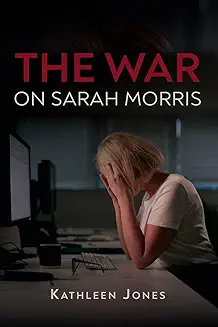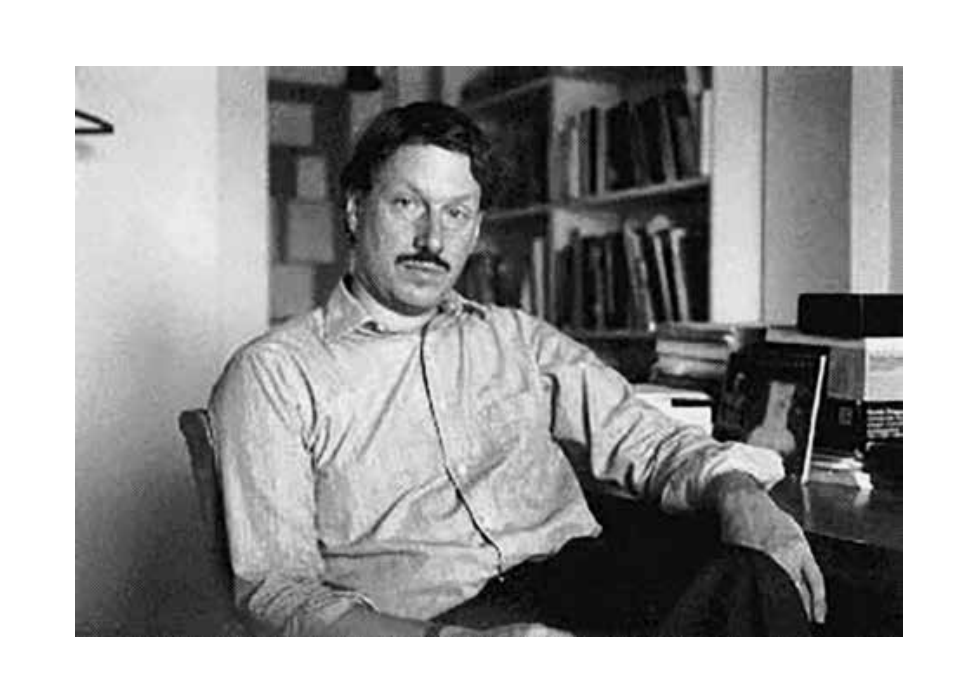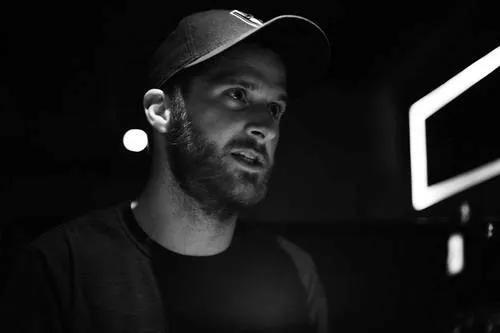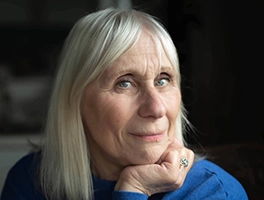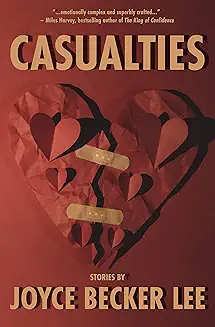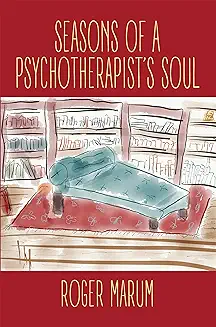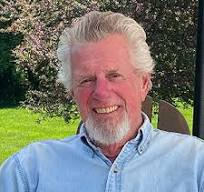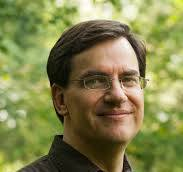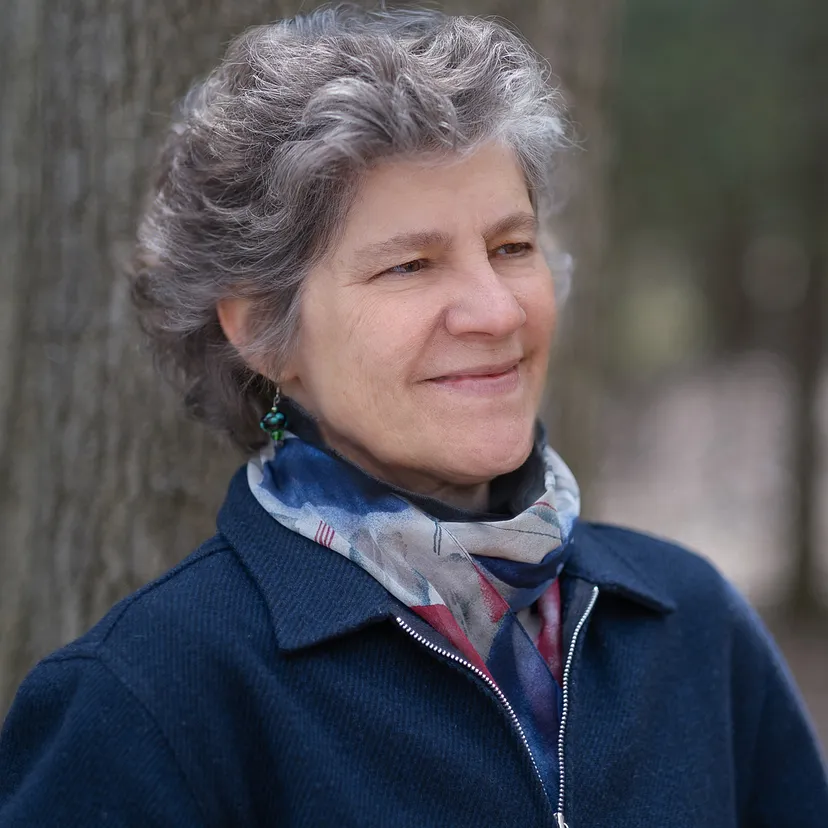This week’s other featured books, “Weak in Comparison to Dreams,” by James Elkins and “The Present is Past,” by Josh Rank, can be found by scrolling down below this post, or by clicking the author’s name on our Authors page.
——————————————————-
THE BOOK: The War on Sarah Morris.
PUBLISHED IN: 2024.
THE AUTHOR: Kathleen Jones.
THE EDITOR: Glenda MacFarlane (substantive and line editor), Marina Endicott (writing mentor), Allister Thompson (copy editor), Britanie Wilson (proofreader), Laura Boyle (cover designer).
THE PUBLISHER: Jodie Toohey (Legacy Book Press).
SUMMARY: In The War on Sarah Morris, a middle-aged woman struggles to survive in the cruel and ruthless corporate jungle.
What happens when one day, without any warning, your secure corporate job suddenly becomes precarious? And all your professional duties get taken away, leaving you with nothing but repetitive, mind-numbing tasks?
Sarah Morris, a 49-year-old editor at a Toronto book publisher, finds herself in this predicament in October 2010, when Quill Pen Press, the company she has faithfully served for twenty-one years, undergoes a reorganization in the aftermath of the 2008 Recession. Concerned only with preserving her own cushy job, Gillian Martin, Sarah’s selfish boss, gives all of the company’s book editing projects to freelancers and to Derek Witowsky, her pet employee, unofficially demoting Sarah and two of her colleagues, who are now expected to spend their days tagging and formatting documents. When the two younger colleagues leave to pursue better opportunities, Gillian dumps all of their data entry tasks on Sarah and pressures her to complete an ever-growing mountain of work in less and less time, while taking away her right to paid overtime.
At first, Sarah is afraid to face the truth; she tells herself that she will get her old job back once the economy improves. But when Gillian starts bullying her, she realizes that her company doesn’t have her best interests at heart and that she’s been pigeonholed into a dead-end job.
THE BACK STORY: This novel, which took five years to write, was based on my own experiences, so I had the necessary insights to write it. I knew what it was like to work extra hours for no extra pay just to hold onto my job. I knew what disrespect and bullying from bosses felt like, the frustration of working in a tedious job far beneath my abilities without any possibility of promotion, the hopelessness of applying to companies that refuse to hire people over 40, no matter how smart, experienced, or educated they are. And I definitely knew what it was like to shoulder more and more work—more tedious work—without more time and resources to complete it, and to lose control over my time and my life.
WHY THIS TITLE? This title describes the central theme of the book: A corporation (like many modern corporations) is waging war on a long-term employee (Sarah Morris) by bullying her out of a job to save money (by replacing her with a cheaper contract employee).
WHY WOULD SOMEONE WANT TO READ IT? Because it deals with the world that many working people now live in. Because, all too often, the struggles of working people are invisible; most of them, like Sarah, are just trying to survive, and they don’t have the power to fight back against abusive employers. Because the public deserves to know the truth about abusive corporations that misrepresent themselves as caring, enlightened places to work.
REVIEW COMMENTS:
In this tense, funny novel, Sarah Morris, a 49 year-old editor, faces upheaval at the publishing company, Quill Pen Press, where she’s worked for the past 21 years. Though there is no change in her job title or pay, all of her job responsibilities are now different and she is forced to do overtime without pay for new daily tasks that she hates. With a recession ravaging hopes of economic stability, and finding herself her family’s sole income-earner following her husband’s dismissal from his banking job, Sarah must decide what steps she needs to take in her career to find her way back to being happy in the workplace. Does she dare a job search, as she puts it, “In middle age. In a crappy job market … that’s hostile to older people like me”?
Sarah exemplifies the emotional turmoil many feel when facing discontent in the workplace as Jones delves into self-doubt, the fear of starting over, and being complacent in a dead-end job. With wit, snark, and a striking sense of all-too-real realism, Jones writes a relatable and personable narrative about being pigeon-holed and feeling stuck with work that is no longer fulfilling or providing the space or opportunity for advancement. Exploring toxic work cultures, micromanagers, and workplace favoritism, The War on Sarah Morris is punchy and pained, outraged and comic, offering much that readers—especially women working in troubled industries—will find resonant. While set in 2011, the novel feels pointedly of the moment.
Jones convincingly captures the inner workings of a publisher and the ever-increasing responsibilities that fall onto lower level staffers, plus the indignities of a job search, from “biographical resumes” to pop-quiz writing assignments in job interviews. In this, Jones blends the engagingly dishy with sharp-elbowed analysis of power dynamics. Readers who have ever worked under tyrannical managers or for companies who only care about how much money is coming in will be impacted and feel a personal connection to Sarah’s struggle.
Takeaway: Sharp-elbowed novel of a woman facing a job hunt after 20 years in publishing.
Comparable Titles: Lisa Owens’s Not Working, Liz Talley’s Adulting.
Production grades
Cover: B+
Design and typography: A
Illustrations: N/A
Editing: A
Marketing copy: A
Booklife, Publisher’s Weekly, February 2024
THE WAR ON SARAH MORRIS by Kathleen Jones is a realistic and salient portrait of a 21st century working woman’s struggles in the corporate concrete jungle of Toronto. The protagonist takes the reader on a psychological journey of twenty years of toiling at a publishing company that boils down to “long hours, unpaid overtime, bullying bosses, and backstabbing coworkers.” (p. 306) The story opens when Sarah receives an email about the company’s reorganization and list of employee layoffs. References to book proposals, marketing campaigns, book editing and tagging bring the book business to life.
There’s great use of the classic Cassandra Situation, when Sarah tells everyone how bad the daily grind is at her office, but no one believes her. I love the protagonist. She is believable, brave, resilient, and persistent. Despite being surrounded by so much negativity and disrespect, her actions, creativity, and fantasies move her forward to try and try again to cope with misery at work. In the end, I found myself cheering for her as she comes to understand and save herself. Jones creates a story that not only sheds light on the power of the human spirit, but also depicts serious social problems around agism, sexism, and economics in the workplace and job hunt, and how all of it spills over into the quality of life outside of work. An inspiring read full of hard truths! –D.S. Marquis, author, Of School and Women
A workplace drama filled with sass and comedic relief! I loved being in the mind of Sarah and rooting for her to end her misery at a dead-end job. You’ll love this glimpse inside a woman’s fight to save her career and herself. — C. D’Angelo, award-winning author, The Difference and The Visitor.
AUTHOR PROFILE Kathleen Jones is a Toronto-based novelist and former book editor who writes in multiple genres. Her first novel, Love Is the Punch Line, an offbeat, midlife romance set in the world of stand-up comedy, was published by Moonshine Cove in 2018. The book has received several favorable 4- and 5-star reviews on Amazon and Goodreads. She also writes frequent book reviews for Goodreads, Amazon, and LibraryThing. Kathleen lives in Toronto, Ontario, Canada.
AUTHOR COMMENTS: The novel talks about a problem faced by many women, a touchy, sensitive problem that few novels are willing to tackle: the struggle of women in the modern corporate world. The main character, Sarah Morris, is demoted (along with a couple of her co-workers) when the book publisher she works for is reorganized. One day, she’s a skilled, experienced editor who works on manuscripts with authors; the following day, she’s a glorified data entry clerk toiling in a dead-end job, doing repetitive, mind-numbing work, spending hours and hours cutting and pasting data, over and over again. Even worse, her new job comes with unwanted baggage that millions of working women have to cope with: long hours, heavy workloads, unpaid overtime, age discrimination, sexism, bullying from bosses, dirty games and lies, disrespect from co-workers, and stress, stress, stress. But Sarah, overwhelmed and seemingly powerless, hangs onto her dignity and humane values, and finds a way to fight back.
SAMPLE:
CHAPTER ONE
Effective October 4, 2010, the roles of Sarah Morris, Caleb Elliott, and Ramona Duvall will be changing…
Bullshit! This company isn’t “changing the roles” of Caleb, Ramona, and me; it’s taking our roles away, destroying our live- lihoods, our very careers. It’s taking away the work we were hired to do—editing authors’ manuscripts, turning them into polished books—and farming it out to freelancers, a nameless and faceless army with no connection or loyalty to this company. Thanks a lot.
I stare at the email on my computer screen, my mind suddenly flooded with questions.
Why on earth did the company do this to me? Maybe it’s my age. I’m forty-nine, practically a wizened old geezer as far as the business world is concerned. Or maybe I’ve just been at this com- pany too long—twenty-one years, to be exact—and they’re sick to death of me. Or maybe the reason is a lot more personal; my boss, Gillian, has never really liked me. And nine years of slaving under her dictatorship, swallowing her mean-spirited comments while trying, over and over and over again, to please her, haven’t changed her mind, not one iota.
Hmm, do I still even have a job at all? I scan the email, trying hard not to panic. Oh, yes, it looks like I do: Caleb, Ramona, and I will be “processing” documents. Meanwhile, the two women who have been doing all the “processing” for our department will be leaving the company next Friday “to pursue exciting new opportunities.” Exciting new opportunities? On this planet? The last time I watched the news, millions of people were pounding the pavement, looking for work. And Quill Pen Press will save a ton of money once these employees have been kicked out of their jobs and their work has been dumped on Caleb, Ramona, and me.
I want to bash my fist through the screen, strangle the smug words in front of me.
…job titles will not be changing…
Translation: We get to keep our now-empty job titles. From now on, the three of us will be called “editors,” but we will no longer be real editors, just glorified data entry clerks with a fancy name. From now on, the three of us will be spending our days doing hours and hours of mindless, soul-sucking drudgery, pulling data off the Internet, formatting it into documents, tagging the documents. The ugly truth is, we’re being demoted, demoted by a cowardly and sneaky company that doesn’t have the guts to tell us what’s really going on. A company that no longer allows us to edit books, a company that no longer values our minds, our skills, our ideas, our knowledge. A company that no longer allows us to think at work. A company that no longer gives a shit about us.
Right now, I feel so hurt and angry and betrayed, I want to scream.
Farther down, toward the bottom of the screen, the news gets even worse:
Derek Witowsky will continue in his role as Manuscript Editor, working with authors…
Translation: Derek and the nameless and faceless freelance editors will be the only people who will be allowed to edit books at Quill Pen Press.
Of course Derek will continue in his role. He was always “smarter” than the rest of us editors, never failing to point out our mistakes to Gillian (even though we were too polite to point out his), forcing his way of doing things on us (even though the way we had been doing things worked perfectly well), shooting down our ideas at department meetings. Derek has always been the boss’s “pet.” She wouldn’t dream of demoting someone as wonderful as him.
Gillian Martin will continue in her role as Head of Editorial.
Of course she will. Gillian has always been brilliant at pro-moting her own selfish interests. A political animal through and through, she’s a whiz at bullying subordinates, quick to point out their tiniest, most insignificant errors while withholding praise for outstanding work. Unless, of course, the subordinate’s name happens to be Derek Witowsky, in which case the rules are entirely different. Obviously, Gillian—who had considerable input into the decisions behind this email, collaborating with the other managers in an endless string of meetings behind closed doors—cast the three unlucky editors working for her aside to protect her own job and the career of her precious mentee. And it’s obvious that Gillian didn’t think my own career was worth protecting.
All employees are invited to an Information Session in the boardroom at 10:00 a.m. today. We will explain our new corporate strategy and answer your questions. Coffee and donuts will be served.
Coffee and donuts? Big deal. I glance at my watch. It’s almost 10:00 now. Around me, dozens of employees, their faces full of worry and fear, their loud voices blending into dozens of conver- sations, are spilling into the hallway, anxiously awaiting their fate in the boardroom. Screw it. I’m not going.
Sighing, I turn back to the computer screen, glowing coldly and harshly at me, and start to close the CEO’s email. Then a string of words—somehow I missed them—leaps out at me from the first paragraph:
Quill Pen Press will be transitioning to meet the more challenging marketplace of the 21st century.
Translation: The company is making these drastic changes because it’s losing a lot of money in this economy, a horrible economy full of unemployed people struggling to stay afloat. And unemployed people who are struggling can’t afford the luxury of snapping up the latest novels, biographies, how-to books, or anything else this company publishes.
I pause, my hand still clutching the mouse, take a deep breath, and try to calm down. I still have a job. And I’m taking this way too personally. What’s happening to me is also happening to some of my coworkers. It’s all about money: the worldwide economy is in the toilet, and the company is trying to stay afloat. It has to lay off staff and reassign the work to the remaining employees just to survive.
I loosen my grip on the mouse and look away from the comput- er screen, trying to blink the blurriness out of my eyes. By now, the office has emptied out, save for a few stragglers. I should join them, rush down to the info session.
But I don’t. I can’t. I have to find out what’s really going on. I have to speak to Gillian. Now.
I head down the hall toward Gillian’s office, knowing that she rarely bothers to show up at these boring info things, so there’s a very good chance I’ll find her there.
Her office door is closed, thank God. But my heart starts to pound.
I just have to calm down. And there’s no reason to be scared. The volume of short stories I edited a few months ago is selling well; it’s even earned several five-star reviews on Amazon. Gillian seems to be happy with my work; not long ago, she gave me a glowing performance review. Okay, she did keep Derek in a cushy job, but maybe that’s just common, subconscious, garden-variety sexism on her part.
My heart stops pounding. I knock softly on the door.
WHERE TO BUY IT: Amazon, Barnes & Noble
PRICE: $17.99 (trade paperback), $5.99 (ebook)
CONTACT THE AUTHOR:
Kathleen Jones
Email: joneslepidas@bell.net
Author site: https://kathleenjones.org/
Twitter: https://twitter.com/joneslepidas
Facebook: https://www.facebook.com/kathleen.lepidas
LinkedIn: https://www.linkedin.com/in/kathleen-jones-lepidas-csc/
